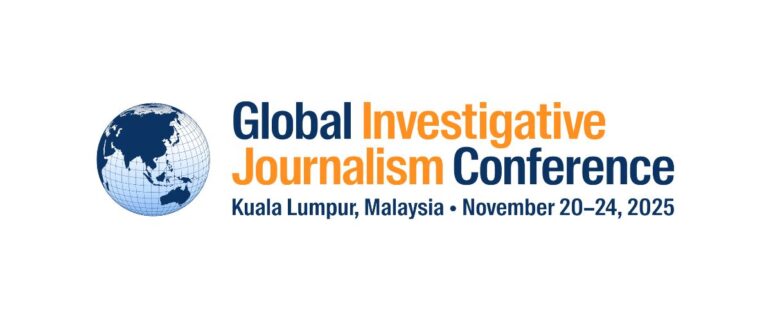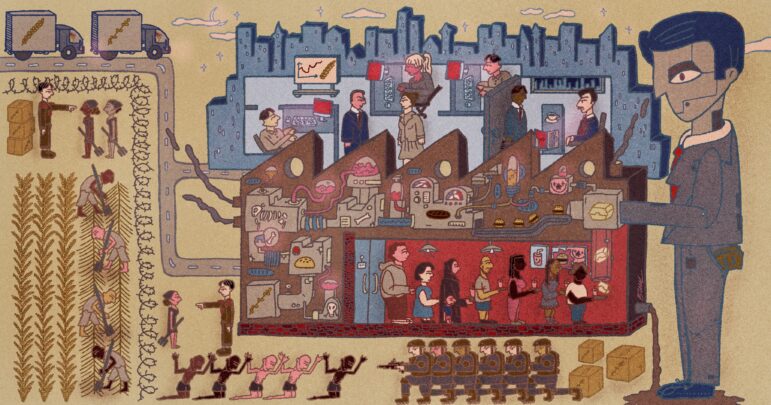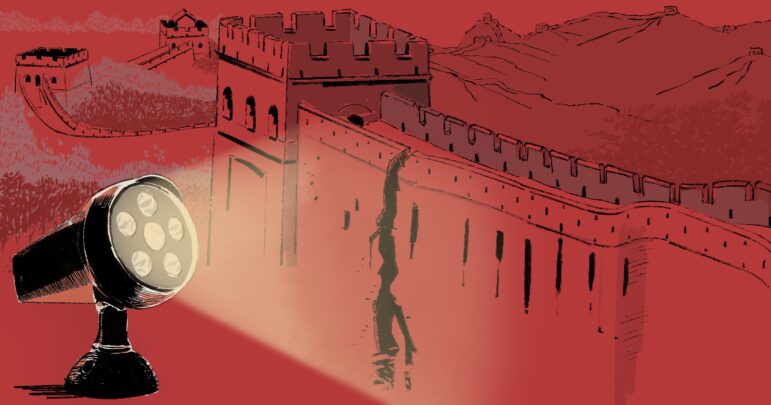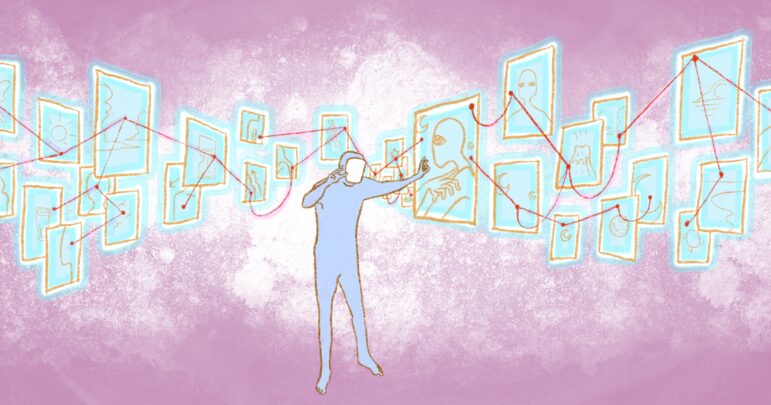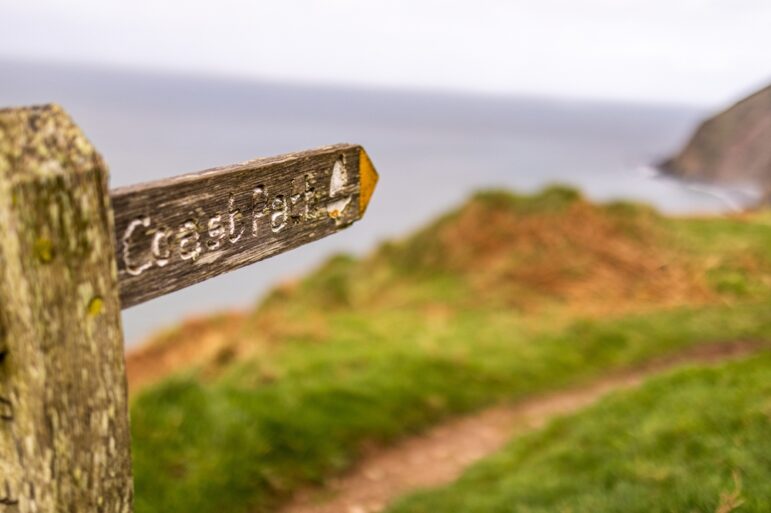

England's South West coastal path. "The Salt Path" book told the story of one couple's walk along the route after becoming homeless. It became an international bestseller, but after a tip off that the story wasn't quite as it seemed, an investigative journalist decided to see what she could uncover. Image: Shutterstock
Investigating a Scandal in the Publishing World: Q & A with Chloe Hadjimatheou
It was in March this year that Chloe Hadjimatheou, a narrative editor and an award-winning investigative journalist, received an unusual tipoff.
While her previous work had seen her digging into left-wing political parties, sex scandals, and chemical weapons traders, this call was about “The Salt Path,” a best-selling memoir written by Raynor Winn about a life-changing journey along one of England’s coastal paths taken with her husband, Moth.
First published in 2018 to worldwide acclaim, the book recounted a 630-mile walk that the couple undertook after being forced to leave their home in Wales. Winn followed up with two more books, writing that after each of their epic journeys, her husband Moth, who had been diagnosed with a rare and typically terminal neurological condition, started to improve.
Hadjimatheou, a narrative editor at Tortoise Media and The Observer, published her story in July. In it, she alleged that Winn had obfuscated and manipulated key details about the couple’s homelessness and financial dealings in her books, and also suggested that the books had been misleading by implying that a disease with a life expectancy of circa eight years could be treated by walking.
“The story, no doubt, has elements of truth, but it also misrepresents who they were, how they started out on their journey, and the financial circumstances that provided the backdrop,” Hadjimatheou concluded in the piece, after speaking to former employers, scouring court records, and property transactions. One of the nine neurologists and researchers specializing in the condition Moth had been diagnosed with said the story did “not pass the sniff test.”
Hadjimatheou’s story sparked a furor, prompting one charity to cut ties with the couple and the book’s publisher, Penguin, to release a statement. It said they had undertaken “all the necessary pre-publication due diligence,” including legal vetting, and had not previously received any concerns about the book. In response to the story, Winn also released a response, calling the article “misleading.” She said: “‘The Salt Path’ lays bare the physical and spiritual journey Moth and I shared, an experience that transformed us completely and altered the course of our lives.”
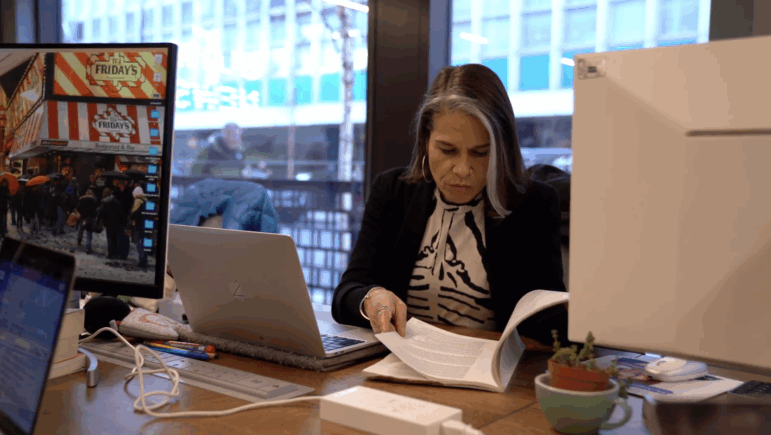
Chloe Hadjimatheou, a narrative editor at Tortoise Media and The Observer who was formerly with the BBC, published her story on the couple behind “The Salt Path” in July 2025. Image: The Observer
Other compelling investigations that Hadjimatheou has worked on recently include Lucky Boy, a four-episode podcast released by Tortoise, which followed a middle-aged man who said he had been in an abusive relationship with his school teacher years ago, and The Gas Man, about an international fugitive who sold chemical weapons.
Prior to working for Tortoise, Hadjimatheou had been at the BBC and worked on several documentaries, including one about sex scandals in the world of K-pop and the rise of a new force in Greek politics. Hadjimatheou spoke to GIJN about her Salt Path exposé, audio investigations, and reporting techniques. The answers have been edited and condensed for style.
GIJN: I wanted to begin by asking about your Salt Path investigation. It started with a tipoff, right? Why did you think it was worth investigating?
Chloe Hadjimatheou: When I got the tipoff, I didn’t know anything about these books. This was somebody who had met the couple and spent time with them, and was concerned that they weren’t being honest about the health condition. So I started looking into it. I spent a few hours just looking at the general symptoms, life expectancy, and I could see that the way in which this man, Moth, presented was very different from what was being said in the literature about the life expectancy and the symptoms. Immediately, I became curious. My editor said it’s extremely difficult to prove that somebody’s not ill, and journalistically dangerous, because illnesses are a gray area; you never quite know. You can’t look at medical records or speak to doctors.
But what this person who gave me the tipoff also gave me was the real names of this couple. It seemed very curious to me that… this couple were both using names that were not their own. However hard I looked, I couldn’t find any connection to their real names. That’s why I thought that it was worth looking at.
GIJN: You must get a lot of tipoffs, how do you figure out which ones are worth following?
CH: I get a lot, and most of them lead nowhere. Most of them tend to be somebody who has a personal gripe, or I get sprawling, rambling messages without any kind of focus. I always read every single tipoff and respond to everybody who writes to me, but very few of them lead to anything.
[With the Salt Path story] it seemed curious to me that I couldn’t find any other journalist who had questioned it. On the one hand, as a journalist, you think: “Does that mean that I’ve missed something?” On the other hand, my instinct was telling me there is something here. There seemed to be some rumors in Wales, in the town where this couple originally lived. One of my editors is Welsh, and said “Welsh rumors are not a basis for an article” — which is a fair point. I had to have more than that. And so at that point, it’s about persuading your editors to give you the time to dig.
GIJN: What kind of reporting did this project involve; legal papers, interviews, shoe-leather reporting? Can you talk a little bit about the methods?
CH: When people hear investigative journalism, most people think that it’s exciting, sexy work.There are moments when it feels like that, but a lot of it is really quite boring stuff like trawling through legal documents. I had these people’s real names, so the first thing I did was to see if there were any county court judgments against them, any criminal fines or records against them. I also began to look into the one central thing in their story, which was the way in which they lost their property. So I went to the Land Registry in the UK. I had their names and the address, and with those details I was able to gather as many documents as I could. These are public records.
I then had a solicitor who specializes in property law who helped me. I’m often picking up subjects that I know nothing about. So it’s about finding the resources that you need to help you understand that small world. The solicitor was able to talk me through the documents and say, actually, you should go back to the Land Registry and ask for these other documents, which I would never have known to do. So I gathered as many of these documents as I could, and immediately there was this one that stood out as strange: This couple had taken a cash loan against their house from a private individual. It’s not something many people do. That said that there’s a story there somewhere. I didn’t know if I could find out what that story was.
But then I began to look for the property solicitors on the documents and the names on the documents, and I took some time to go to Wales. I had his one bit of information about her former employer, who was an estate agent. So I went into every estate agent in this town and just sort of said: “Hi, this is what I’m doing. This is going to seem really strange. Have you heard of this couple?” It’s a slow process with a lot of digging and a lot of luck, and the harder you dig, and the more you don’t let go of the threads that are dangling, and you keep pulling, the more you increase your luck.
GIJN: Typically, how long would an investigative story take you?
CH: I have a very niche way of doing journalism, which is that I do an investigation and then I turn it into a narrative podcast series. That is a long process. Typically, a story that I work on takes about a year, but often I’m working on other things at the same time. Sometimes I have two or three investigations going on. Having the luxury of a longer period of time with this story trundling in the background means that things come out. The Salt Path story took far less than the typical investigation. The previous one I did, Lucky Boy — from when I first spoke to the main character and got the story to when it was released — it was about a year, but I did other things in between.
GIJN: When you were doing the Salt Path reporting, did you know what form it would take? How do you decide what form best suits the story that you’re working on?
CH: It’s an editorial meeting. We have a conversation. And because I have quite a long history of making these series, I have a feeling for whether or not there is enough there. I didn’t feel there was enough for a series early on, so I published the initial story in the newspaper, and then a lot of people approached me afterwards, and they’re still approaching me. Lots more has come out since the publication, which was what we hoped. We felt that there was [enough for] an episode; it’s still a discussion about whether or not there’s a series there.
GIJN: Can you tell me a little bit about how you work out the narrative potential of an investigation? How do you go about both the narrative part as well as the investigative part?
CH: In order for a story to carry across a whole series, it requires lots of elements. One is enough of a story with lots of twists and turns, so that different episodes tell different parts of the story, but in and of themselves, they are a story. That requires a complex story and a long journey, usually. Often it also requires a central or a couple of central characters that will take you through it. So if I’m doing a story about a company, that’s more challenging for me, because the kinds of listeners who will listen to it and will persevere will be far fewer. What we connect with is people, and so I often need to have a central character.
And then there needs to be an investigative bit that hasn’t finished, a way in which I can unravel something. The more that is happening in the process of the podcast series, the more interesting it is to listen to.
And then of course, the other thing that’s really important is that the entire story has to amount to something bigger. I need to be able to tell the listeners something bigger about the world, about the human condition, about the way in which we understand ourselves. If you are telling a fantastic story that amounts to nothing, then people feel short-changed at the end of it. So all of those elements need to be there, which is why it’s very difficult to find something that merits a series. I don’t get them very often.
GIJN: What are the different methods or skill sets that you have to deploy when you’re doing investigative reporting?
CH: It’s so varied and random. I have done freedom of information requests. Honestly though, the majority of the really good stuff that I uncover is by speaking to people, persuading them to trust me. Often the best documents I have, the best information I have is because I’ve spoken to somebody who’s opened up. You can dig as much as you like in the legal sort of wider periphery, but the kinds of stuff that I do, which is at their core, human stories, require the ability to speak to people, to understand people, to empathize with them, and to persuade them that you’re a safe person, that they can trust. Also something else — not giving up. There are so many times when you hit a wall and it feels like “I don’t think I can get anywhere further.” And then you think, “I’ll just make a couple more calls…” and it’s at that point that you have a breakthrough. With Lucky Boy, I couldn’t get people to speak to me. I felt stuck. And then slowly, I started to get breaks, but only because I just didn’t stop. I can be quite an annoying person in real life, because I don’t let things go. But in journalism, that’s super useful.
GIJN: When do you know when something is not working out and it’s time to stop?
CH: That’s a good question. As a journalist, I never lose the voice in my head that says, “What if you’re wrong?” Usually, the kinds of investigations that I do in which I’m pointing a finger at somebody and saying this person has done wrong, and that often means that that person is going to be damaged by my investigation. That is a huge responsibility. I have stuff that I haven’t been able to answer, that I still suspect, but I would rather keep it and not broadcast it, than broadcast something that could be wrong and hurt somebody.
GIJN: You’ve talked about the ethical and moral aspects, but what about the legal protections? Do you worry about people suing you or the government suing you?
CH: That’s definitely a hazard of the job. And that’s why I have always had close relationships with the lawyers that we work with. A brilliant lawyer really knows the law and understands the finer points of the law, but they’re also an enabler. They’re somebody who wants you to do your journalism, but they’re also somebody who’s going to keep you in check and make sure that not only are you protected, but also the people that you’re reporting about are protected, that we’re being fair to them. They are such an integral part of the journalism, and they often don’t get the credit.
I’ll give you an example. We were so concerned with the Salt Path story because of the sensitivities of it, both because this couple was so well loved around the world, but also because there was an illness involved. We spent a lot of time working on whether or not we felt there was a public interest in this, and I did that with the lawyer. We created a whole document where we worked out whether or not each element of the story was worth reporting on, and whether or not there was a public interest in it.
GIJN: Apart from tipoffs, how do you get your stories?
CH: Everywhere and anywhere is where you get your stories. Lucky Boy was through a friend of a friend. I did a series called Mayday while I was at the BBC and that was from a news report about a man who had died under mysterious circumstances. The thing with the news is that it moves quite quickly, so it will tell you a story, and then there’ll be loads of questions hanging. That’s when we come in and pick up that news story, dig in, and have the time to look at it more broadly. Each time the story comes to you from such random places. I think the key is understanding what makes a story and being open to it, because when it lands on your lap, you need to be able to see it. It’s very easy to miss it.
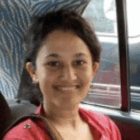 Bhavya Dore is a journalist based in Hyderabad. She has written for Caravan, Quartz, Wired, the Guardian, and the BBC, and focuses on criminal and social justice. She was a Kim Wall grantee at the IWMF. You can see previous stories she reported for GIJN, on investigating the COVID-19 pandemic in India and on investigating in an election year.
Bhavya Dore is a journalist based in Hyderabad. She has written for Caravan, Quartz, Wired, the Guardian, and the BBC, and focuses on criminal and social justice. She was a Kim Wall grantee at the IWMF. You can see previous stories she reported for GIJN, on investigating the COVID-19 pandemic in India and on investigating in an election year.

